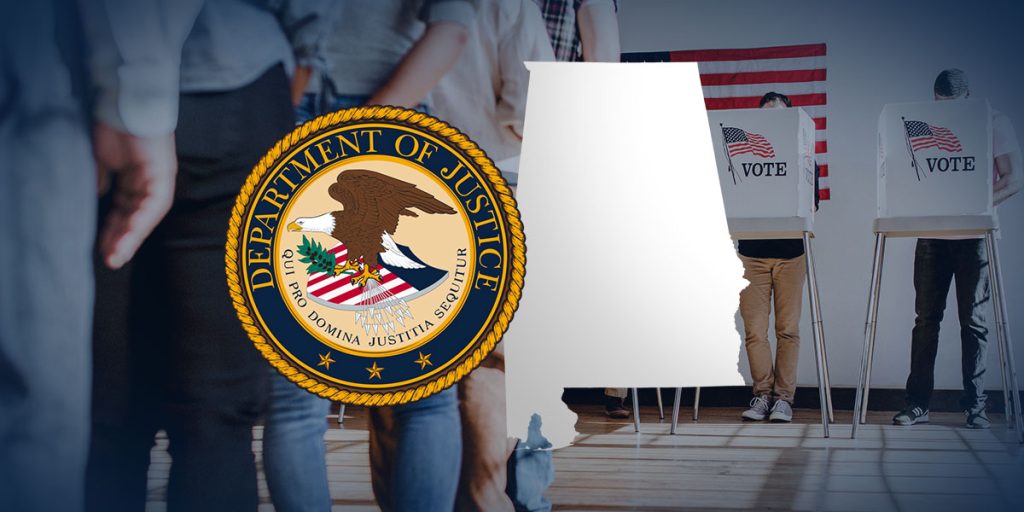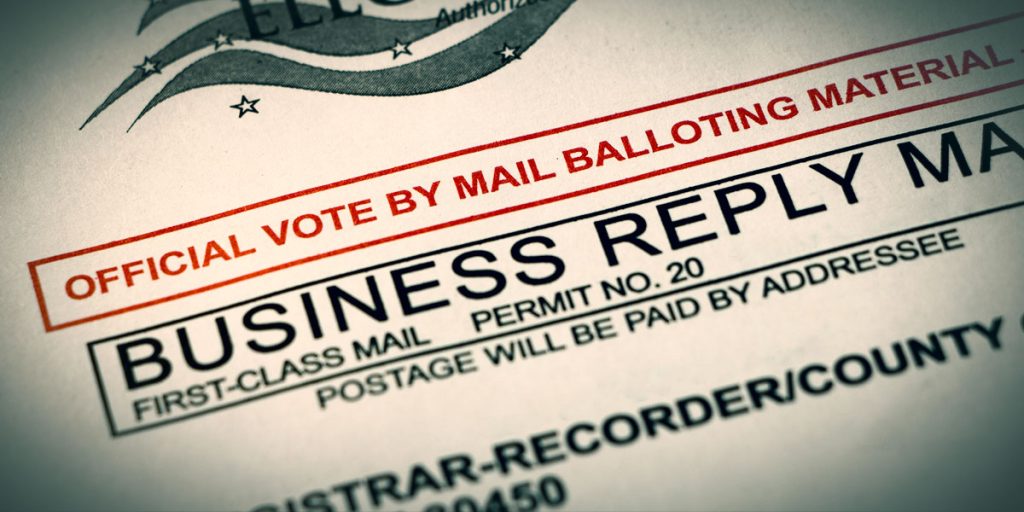Alabama Attorney General Steve Marshall on Tuesday joined a select group of state attorneys general for “a productive dialogue” led by Attorney General Jeff Sessions and other Department of Justice (DOJ) officials regarding perceived discrimination against conservatives by leading tech companies.
Per a DOJ release, “The discussion centered on ways the Department and state governments can most effectively safeguard consumers using online digital platforms. Each state attorney general’s office shared their views of the important issues for federal and state authorities to consider when addressing these evolving technologies. The discussion principally focused on consumer protection and data privacy issues, and the bipartisan group of attendees sought to identify areas of consensus.”
In a statement to Yellowhammer News, Marshall – who joined the meeting by teleconference – made it clear that there was a long way to go before reaching a consensus on how to tackle the complicated issues of tech transparency and bias, saying, “To the degree that there was any consensus, it is that we still have a lot to learn about how to best protect consumer interests in this context.”
“Today I participated in a bipartisan meeting of several state Attorneys General, hosted by Attorney General Sessions, to discuss consumer protection concerns related to the tech industry. The conversation covered many of the same concerns raised in recent Congressional hearings,” Marshall outlined.
He continued, “I appreciated the invitation to participate and was interested to hear the perspectives of the various states represented. To the degree that there was any consensus, it is that we still have a lot to learn about how to best protect consumer interests in this context.”
The DOJ, which was represented at the meeting by Sessions, Deputy Attorney General Rod Rosenstein, Principal Deputy Associate Attorney General Jesse Panuccio, Assistant Attorney General Makan Delrahim, Acting Assistant Attorney General John Gore and other senior staff, explained, “Many shared the view that it is essential for federal and state law enforcement authorities to work together to ensure that these challenges are addressed responsibly and effectively.”
Sessions’ DOJ will review the information and insights shared by the state attorneys general and expects the constructive dialogue will continue moving forward. Marshall, in an interview earlier Tuesday morning with Talk 99.5’s Matt Murphy and Andrea Lindenberg, made it clear that he prefers a market-based solution as opposed to stifling government regulation.
“It is a field that I think we need to tread very lightly,” Marshall explained. “You look at the ability of government to regulate – I think we do the military well and everything else is a struggle. So I think we need to be very, very careful in how we tread in that regard.”
The argument from some is that social media platforms are like modern-day utilities.
“You hear it coming more from Democratic AG’s across the country … it’s why, I think, you have to be very careful, because the market itself has the ability to regulate and one of the things that we have to do from the government side is do not tread into the world of antitrust lightly,” Marshall outlined.
Alabama’s attorney general used Google as an example, saying consumers have multiple choices in search engines, free online email providers and the web browsers themselves (Safari, Chrome, Internet Explorer, Mozilla, etc.).
“It is important, however, when you do hear the stories of internally that Google may be directing people for political purposes that otherwise is not disclosed. That is concerning,” Marshall said.
For Marshall, the questions of whether these tech companies should allow their left-leaning biases to affect consumers “need to be asked, whether or not government needs to get involved in that, however, is a different story.”
Marshall summarized that his overall view is the tech services need to be held accountable to being open and honest with what they are doing and then the market can effectively take care of the rest. If consumers do not like what the services are doing, competition, not the government, should be the counterbalance.
“To the extent that there is transparency, I think it’s a good thing. Across the spectrum, whether it be private business or in government, and in this field particularly, if they are able to respond to questions about how it is that they control content and what they do, then I think we all have knowledge and then can make decisions ourselves,” he advised.













